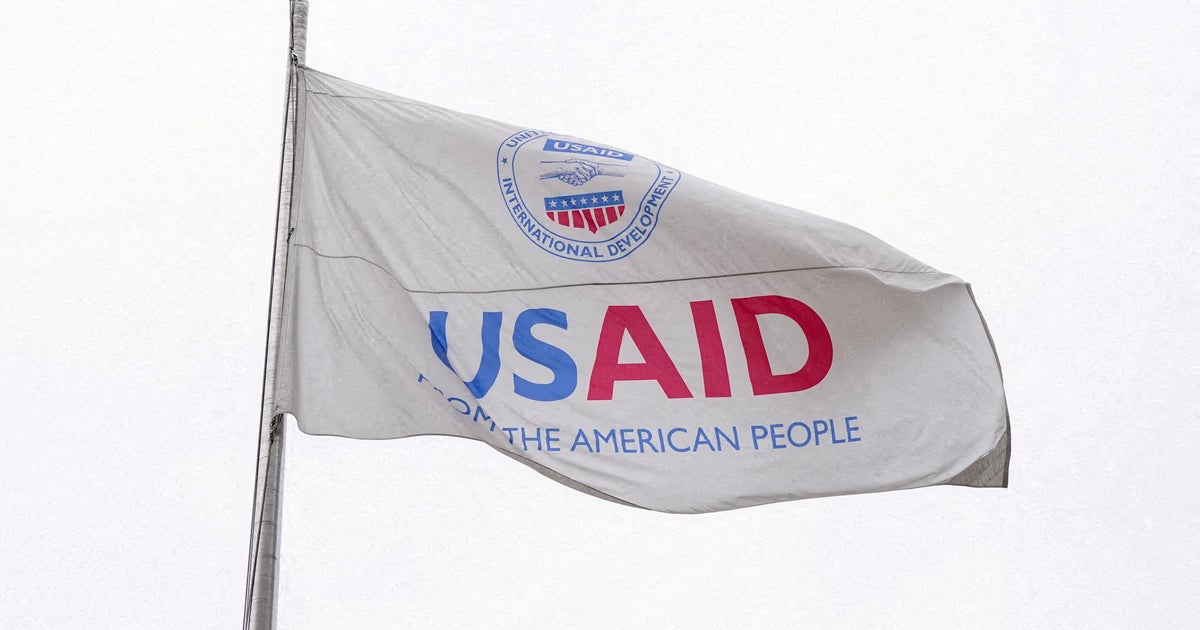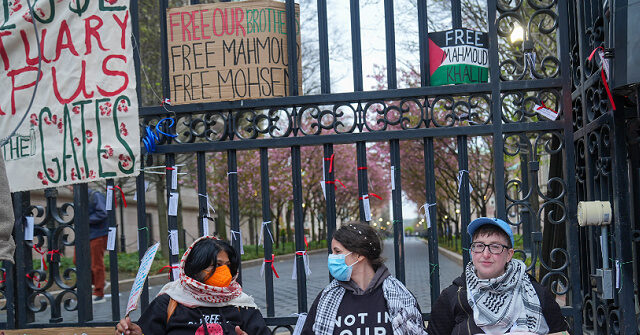Massive Job Cuts Loom at USAID, Impacting Thousands Across the Nation

Lindsay Brown, an employee at the nonprofit organization FHI 360, was working diligently from her home in Little Rock, Arkansas, when the unsettling news broke during a company meeting in February. Her employer informed the staff that, due to a dramatic halt in funding from the United States Agency for International Development (USAID), significant staffing changes would be necessary.
As a result of this announcement, Brown, who had been dedicated to her role in internal communications, has been on furlough since that meeting. Recently, she received confirmation that her last day at FHI 360 will be May 2. Brown is not alone; she is one of nearly 20,000 employees who have lost their jobs as the Trump administration took steps to significantly diminish the operations of USAID, an agency crucial for delivering foreign aid and assistance around the globe.
On Tuesday, Secretary of State Marco Rubio, who oversees USAID, revealed that the government intends to implement extensive staffing cuts, affecting every position at the agency that is not mandated by law. These cuts will also consolidate domestic offices within the State Department, further exacerbating the impact on workers beyond the confines of Washington, D.C. Many individuals in states such as North Carolina, Vermont, California, and Georgia are already experiencing turmoil as they grapple with the loss of their livelihoods.
USAID has historically provided essential federal funding to hundreds of organizations, companies, and universities that facilitate a wide array of programs and research initiatives dedicated to foreign aid. The ripple effect of the agency's budget cuts has already led to widespread furloughs and job eliminations across the nation. A website called USAIDstopwork, which tracks the economic repercussions of these funding reductions, has reported a staggering loss of 19,187 American jobs as of Wednesday. The tracker indicates that 46 states have been affected by these cuts, with North Carolina, New York, Vermont, Massachusetts, and California among the hardest hit, alongside Maryland and Virginia.
In Georgia, for example, USAID previously funded 18 organizations that operated 79 programs; however, with 44 of those programs now shut down, the region is facing an estimated financial loss of approximately $257.9 million. The job losses have left many workers feeling isolated, particularly those outside of the D.C. metropolitan area.
Brown expressed her struggles during this challenging time, stating, "I have used all my savings during this furlough while FHI 360 fights to get the government to pay what it is owed. Being in Arkansas and getting resources like unemployment has been very difficult." While her organization has been transparent about the impending layoffs, this knowledge does little to alleviate the emotional toll.
FHI 360's CEO, Tessie San Martin, took to LinkedIn last week to announce the termination of 480 U.S. employees, including 140 from North Carolina, the organizations headquarters. She acknowledged the widespread impact of the cuts, stating, "FHI 360 is not alone in experiencing this type of impact. Foreign service nationals, USAID staff, colleagues in our sector, and technical experts worldwide are all part of what has been an important sector in the U.S. economy." This acknowledgment highlights the interconnected nature of employment within international development and foreign aid.
Wayan Vota, who was employed by the international development organization Humentum in Chapel Hill, North Carolina, also faced a layoff in February. He conveyed the collective shock felt by his colleagues as layoffs began to sweep through various companies. "Layoff trauma hit across the country," Vota remarked, emphasizing that the ramifications of USAID's cuts extend far beyond the federal workforce in the capital region. To address the crisis, he launched a newsletter called Career Pivot, aimed at supporting fellow contractors and federal workers affected by the USAID cuts. The newsletter has already attracted over 12,000 subscribers, reflecting the widespread concern as additional federal agencies prepare for staffing and budget reductions.
Looking ahead, Vota predicts that the situation may worsen as the remaining USAID employeeswho are still receiving their salariesface potential pay stoppages. According to a memorandum obtained by CBS News, the majority of USAID workers are expected to lose their jobs by either July 1 or September 2.
Vota shared that many job seekers residing outside the Washington, D.C. area are now exploring opportunities in the private sector or state government jobs. However, he noted that others are opting out of the formal job market altogether, stating, "I don't see anything I can or want to do in the formal job market, so I am going to take any job, driving Ubers, waiting tables, because my dream is dead, and I'm not sure what I'm going to do next." This stark reality reflects the desperation many are feeling as they face an uncertain future.
Another casualty of the funding cuts is Kasia Hatcher, a 45-year-old professional who relocated from Virginia to Georgia after losing her job at EnCompass. Having devoted two decades to a career in international development, Hatcher described the rapidity of the job losses as heartbreaking, with everything she had worked for seemingly vanishing overnight. "I spent 20 years building up experience where people knew my work and the quality of my work and it was daunting to have to build again," she lamented. Now searching for human resources positions in the Atlanta area, Hatcher remains optimistic about finding new opportunities. "I can offer so much," she declared, highlighting the resilience and determination that many affected workers continue to exhibit amidst the chaos.




























